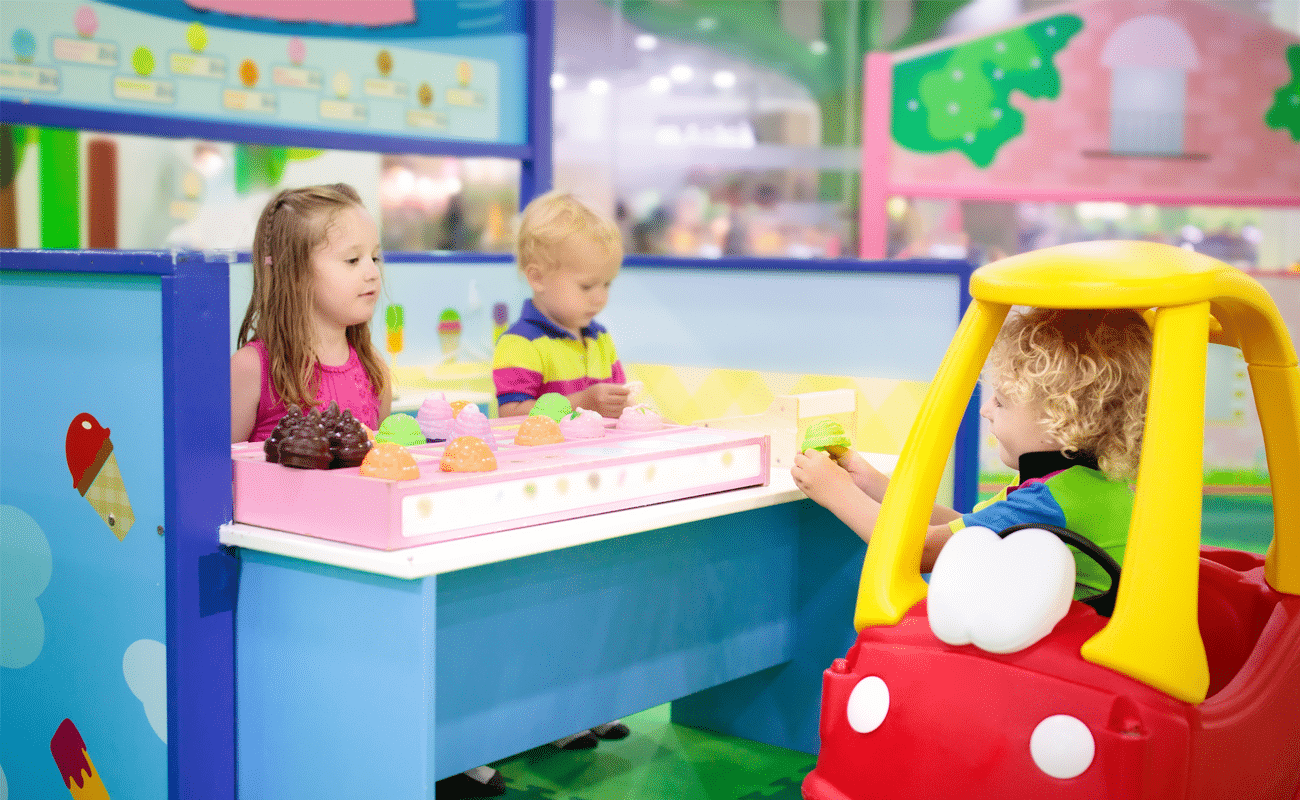Imaginative play, also known as pretend play, is a crucial part of a child’s development. It involves children using their imaginations to create scenarios, stories, and characters, which allows them to explore the world around them in a safe and controlled way. Imaginative play has numerous benefits for children, including the development of social, emotional, cognitive, and physical skills.
Social Development
Imaginative play involves children interacting with others, which helps to develop their social skills. When children play pretend, they take on different roles and engage in make-believe conversations, which teaches them how to communicate and cooperate with others. Through imaginative play, children learn how to take turns, negotiate, compromise, and share. They also learn about empathy and perspective-taking, as they imagine what it might be like to be in someone else’s shoes.
Emotional Development
Imaginative play provides children with an outlet for their emotions. They can use play to work through feelings of anger, sadness, and anxiety, and to practice regulating their emotions. Through play, children can also develop their sense of self, as they create and explore different identities and roles.
Cognitive Development
Imaginative play helps to develop children’s cognitive skills, including problem-solving, creativity, and critical thinking. When children engage in pretend play, they must use their imaginations to come up with scenarios and solutions to problems. This process requires them to think outside the box and use their creativity. They also learn to think critically, as they evaluate different scenarios and make decisions based on the information available.
Physical Development
Imaginative play can also contribute to children’s physical development. When children play pretend, they engage in physical activities such as running, jumping, and dancing. These activities help to develop their gross motor skills and coordination. Pretend play can also involve fine motor skills, such as drawing or playing with small objects, which helps to develop their hand-eye coordination and dexterity.
Conclusion
Imaginative play is an essential part of a child’s development, providing them with numerous benefits for their social, emotional, cognitive, and physical skills. Parents and caregivers can encourage imaginative play by providing children with opportunities to use their imaginations, such as through dress-up, storytelling, and make-believe games. By supporting children’s imaginative play, we can help them to develop into well-rounded, creative, and socially adept individuals.


